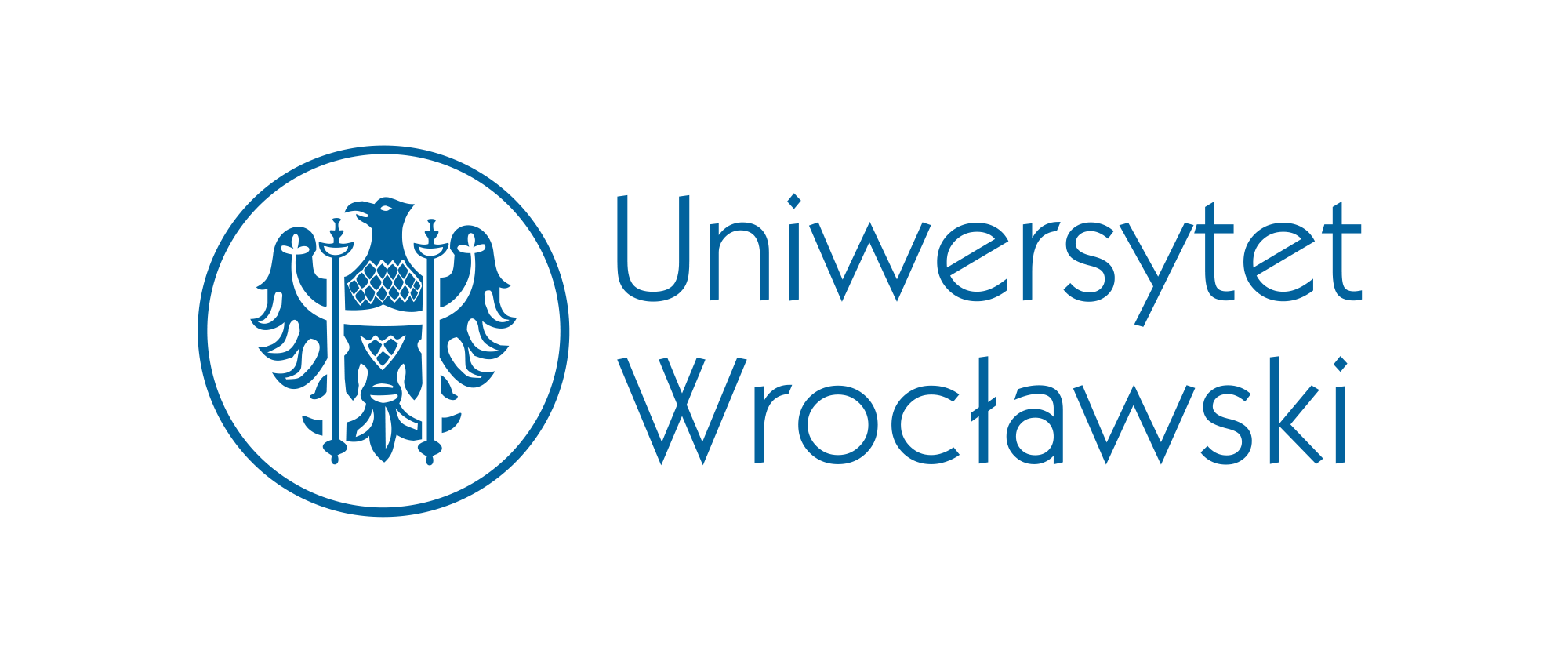About
TraNa - Abstract
Transnational families are a socially highly relevant phenomenon. Nevertheless, the European area is still underrepresented in the international scientific debate on transnational families. This is especially true for children living transnationally in Europe. The planned project promises to broaden the international state of the art by making the variability of transnational family life and children’s perspectives more visible. We focus on transnational families from Poland and understand children as actors within as well as beyond the family. A hitherto rather neglected point in research is the question of how images and knowledge of abroad are conveyed and shaped in transnational families and how children position themselves abroad. Our starting point is that socialization in a transnational family arrangement has relevance to children’s self-positioning – in Poland, Europe, or the world. The German-Polish project is divided into two parts. The core concept of the planned project is the (trans)national self-positioning that connects both parts: (A) From a sociological perspective, we investigate the experiences of children living in transnational families and their (trans)national self-positioning. We conduct biographical, mapping-based interviews with children aged 12-14 years who have grown up in transnational families in Poland. Rather than defining the children as "left-behinds", we empirically investigate the conditions under which they feel left behind, where their scope of action is limited or expanded in this arrangement, and how they position themselves in (trans)national spaces – in the present and in the future. (B)From a perspective anchored in literary studies, we investigate how transmigration is represented and which narratives unfold in children’s literature about living transnationally. We examine how transnational (family) life is literarily portrayed, how places abroad as well as the transnational spaces are depicted, and what positions child characters take in them. In a narratological analysis, we focus particularly on the literary techniques by which such narrations of transnationality are produced. Additional parts of the project are an international workshop about transnational childhood and a public relation module to transfer the results to schools by developing teaching materials on transnational family life, based on the storytelling of children. The proposed project connects to an ongoing project which focuses on the normative pattern of good childhood from the perspective of children and in children’s literature. The current project (based on group discussions and a reception study) has shown that the biographical perspective of children can and must be captured more strongly to better understand transnational childhood in its complexity. The current project provides the necessary infrastructure in the form of field access, scientific networks, and methodological expertise.

